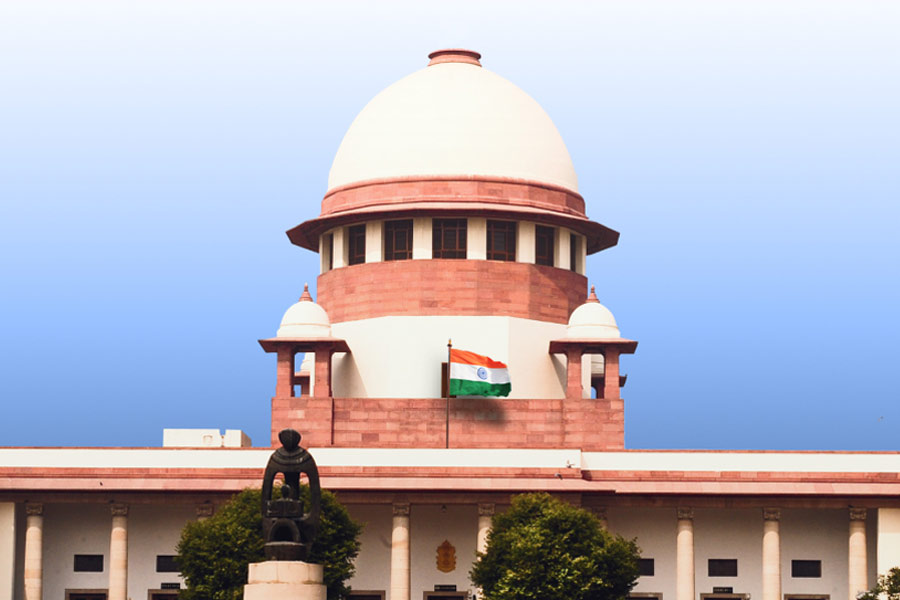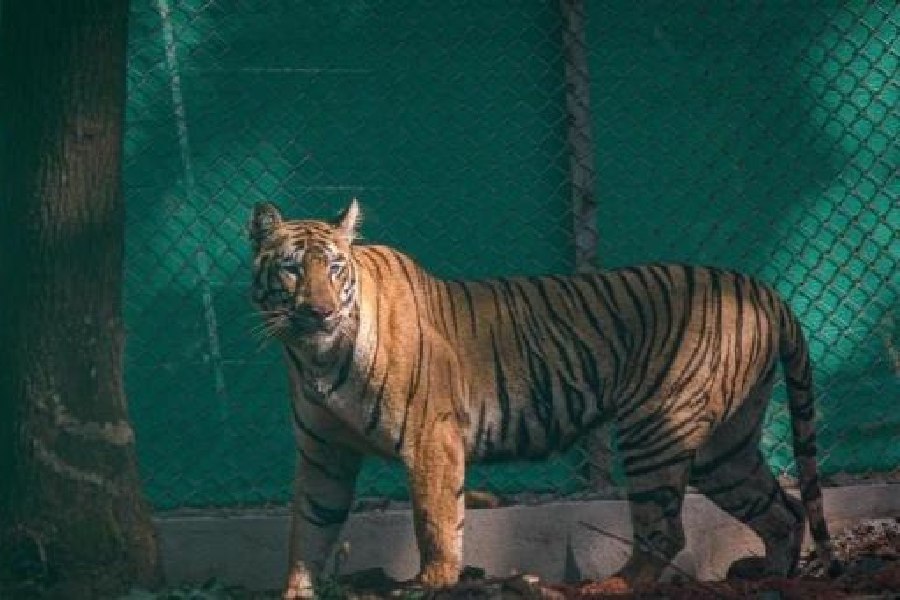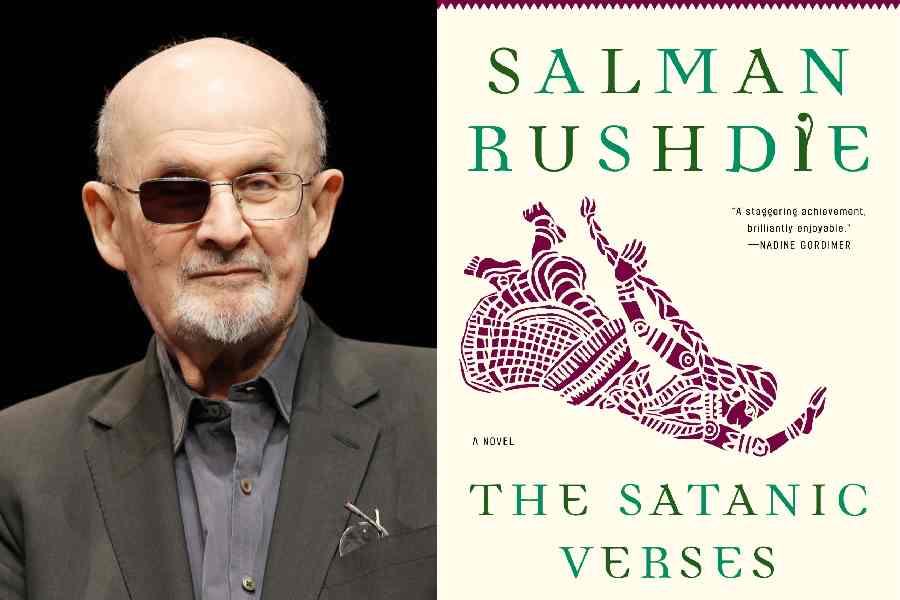The Supreme Court on Wednesday set aside the National Company Law Appellate Tribunal’s (NCLAT) verdict that had halted the insolvency proceedings against Byju’s despite a case pending against the edtech firm before the National Company Law Tribunal.
“The NCLAT does not provide any reasons for deviating from this procedure or the urgency to approve the settlement without following the procedure,” the court said.
The top court annulled the NCLAT’s order approving ₹158.9 crore dues settlement of Byju’s with the Board of Control for Cricket in India.
A bench comprising Chief Justice of India (CJI) D.Y. Chandrachud and Justices J.B. Pardiwala and Manoj Misra directed the cricket board to deposit the settlement amount of ₹158.9 crore with the committee of creditors.
The court held US creditor firm Glas Trust Company LLC has the rights to intervene.
“The appellant raised detailed objections before the NCLAT to the source of the funds for the settlement (with the BCCI) and a reasonable apprehension that there was round tripping of funds, in violation of the order passed by the Delaware Court on 18 March 2024. These objections were summarily dismissed by the NCLAT, relying solely on the undertaking filed by Riju Raveendran,” the court said. Riju Raveendran is the brother of Byju Raveendran, the co-founder of Byju’s.
“We allow the present appeal and set aside the impugned judgment of the NCLAT dated 2 August 2024 in the above terms.”
Writing the judgment, CJI Chandrachud, however, said the court would not like to go into the merits of the arguments raised by Glas Trust and the other parties to the dispute and instead said the respective contentions can be raised before the NCLT before whom the insolvency resolution process (IRP) raised by the financial creditors are pending.
“At this stage, it would not be appropriate for this Court to adjudicate on the objections of the appellant to the settlement agreement on merits. The issues raised are the subject matter of several litigations in different fora, including the Delaware Court and investigation by various authorities, including the Enforcement Directorate, which are pending,” the court said.











